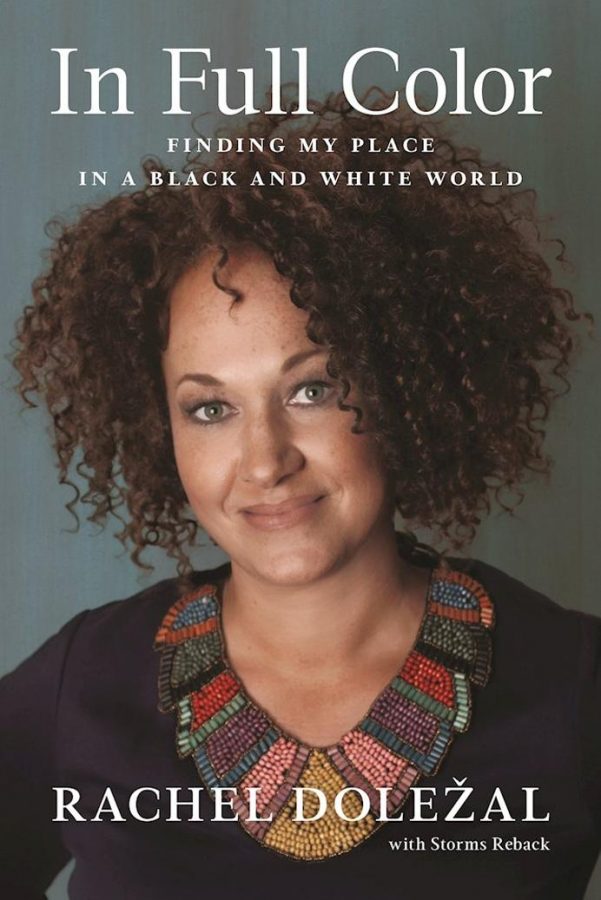By Travis Coltrain
Rachel Dolezal recently released her book In Full Color: Finding My Place in a Black and White World. While I didn’t read the book, I have followed Dolezal’s story since 2015, when she resigned from the NAACP, where she was a president of the Spokane, Washington branch.She resigned when it was discovered she was lying about being African American and alleged hate crimes against her. The alleged hate crimes included a swastika being painted on her door while the security camera was mysteriously turned off and hate mail in her P.O. box that had no indication of going through the postal service.
Despite all that, the NAACP didn’t force her to resign and even issued a statement following her resignation that said, “One’s racial identity is not a qualifying criteria or disqualifying standard for NAACP leadership.” While one cannot discredit the work she has done for the NAACP, her actions past 2015 make me begin to wonder if this all is just a publicity stunt.
In recent interviews, she has begun to contradict herself. For example, during an interview with Vice, she said, “I don’t actually identify as African American, I identify as black.” However, this obviously isn’t true, because she DID identify as African American while working for the NAACP. In her book, she changed her race to “transracial.” While this is a topic many have issues with, and others don’t, it still raises questions on issues.
While anyone who is black can’t say, “Hey, hold up, I’m actually white,” in situations involving police, Dolezal does have the privilege of saying that exact statement. That is exactly what she has, white privilege. Being able to distance yourself from your own race and identify as another is just that.
In an interview with Salon, Dolezal compared herself to Caitlyn Jenner. In the interview, she talked about the prejudice that both “transracial” and transgender people face every day.
“There was kind of this comparison [between Dolezal and Jenner],” Dolezal said. “What’s not similar is the stigma right now. There was stigma in the past for sure, and that still perpetuates to a degree. But there’s more stigma for race fluidity than gender fluidity right now, and I don’t think anybody would deny that.”
This is where my true problem with her arises. While I realize life has been difficult for her, it’s nowhere near the injustices trans and non-binary genders face every day. A point both Dolezal’s brother and parents pointed out in 2015, when the controversy first made headlines, was this was all nothing more than a publicity stunt for Dolezal.
While I won’t discount her previous work for the betterment of the black community, I believe her ideals have shifted. If she still actively cared, she would be on the frontlines fighting for equality such as Colin Kaepernick has been.
I feel this book is just another publicity stunt to get herself in the spotlight again. She used her white privilege to her advantage to gain publicity in an area she knew would gain attention.



